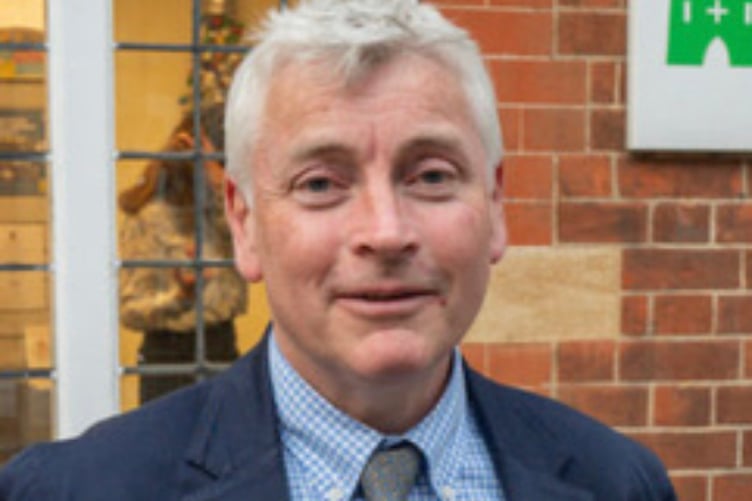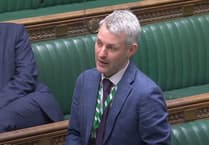Surrey County Council has been playing a dangerous game with its finances — and local residents could be left to pay the price.
Every council adds its cash income to “reserves” to fund current or future spending. Those reserve funds aren’t a pot of spare cash; they’re essentially liabilities to spend on specific commitments.
Until that cash is actually needed, it’s invested into the council’s assets, including not only bank deposits but also loans to its property investment company that financed Brightwells.
Earlier this year, Surrey County Council admitted it faces a £387 million hole in its day-to-day budget over the next five years, which it will have to fund out of reserves if it cannot cut costs or raise new income.
Surrey’s usable reserves already fell by £105 million (nearly 15 per cent) last year to £619 million — and 92 per cent of that is earmarked for vital projects, including more than £200 million in grants and contributions for schools, safer roads, and transport upgrades.
In fact, its accounts show that it started this year with only £60 million in cash and cash equivalents to cover those usable reserves.
But in the background, Surrey has also diverted £630 million of cash into other capital projects. Officials call this “internal borrowing,” but it comes on top of Surrey’s £1.1 billion in external debt.
Most of that cash isn’t spare at all, because ultimately it will be needed either to fund the future earmarked spending it was intended for or to plug Surrey’s budget hole.
If this money cannot be repaid, communities lose out. Yet Surrey’s current plans are ominously silent on how it intends to do so. Its uncommitted £49 million “rainy day” general reserve is barely a tenth of its budget shortfall. Meanwhile, the council has had such a poor track record it has failed to deliver over £380 million in planned savings since 2020.
Meanwhile, the services residents rely on are under pressure. The budget for Special Educational Needs and Disabilities (SEND) alone could run dry by 2026–27. Unless the government bails it out again, families may face even longer waits for support. Care for elderly residents, libraries, youth clubs, bus routes, and even pothole repairs are all at risk of deeper cuts.
The warning signs are plain. Woking collapsed under £1.2 billion of Conservative debt after years of reckless decisions. Surrey’s Conservative leadership insists it is “resilient” despite criticism from its own auditors. With low reserves, rising costs, and mounting debt, the parallels are hard to ignore.
And while its finances strain, Surrey is pushing to abolish borough and district councils like Waverley, replacing them with a single, giant “unitary” authority.
Surrey even asked the government to cancel the 2025 local elections to hasten the reorganisation process. Leaders claim it will save money, but to many it looks more like a rush to avoid scrutiny and pass the buck of Surrey’s financial stresses onto the new unitary authority before it is too late.
A centralised authority would also mean less local accountability, not more. Decisions about Waverley’s communities could be taken by officials miles away, with little say for residents.
The truth is simple: if Surrey’s Conservatives cannot manage their own finances responsibly, how can they be trusted to take over everything else?
Residents deserve clear answers, such as: Which services will be cut first if reserves run out? What happens if Whitehall refuses another bailout? And why dismantle local democracy when confidence in the county council is already so low?
“Internal borrowing” might make the spreadsheets look tidy today. But it does not remove the risks — it hides them. And when the reserves finally run dry, it will not be Conservative leaders at County Hall who pay the price. It will be Surrey’s taxpayers who are left to pick up the pieces.
Cllr Mark Merryweather is a Liberal Democrat member of Farnham Town and Waverley Borough Councils.





Comments
This article has no comments yet. Be the first to leave a comment.